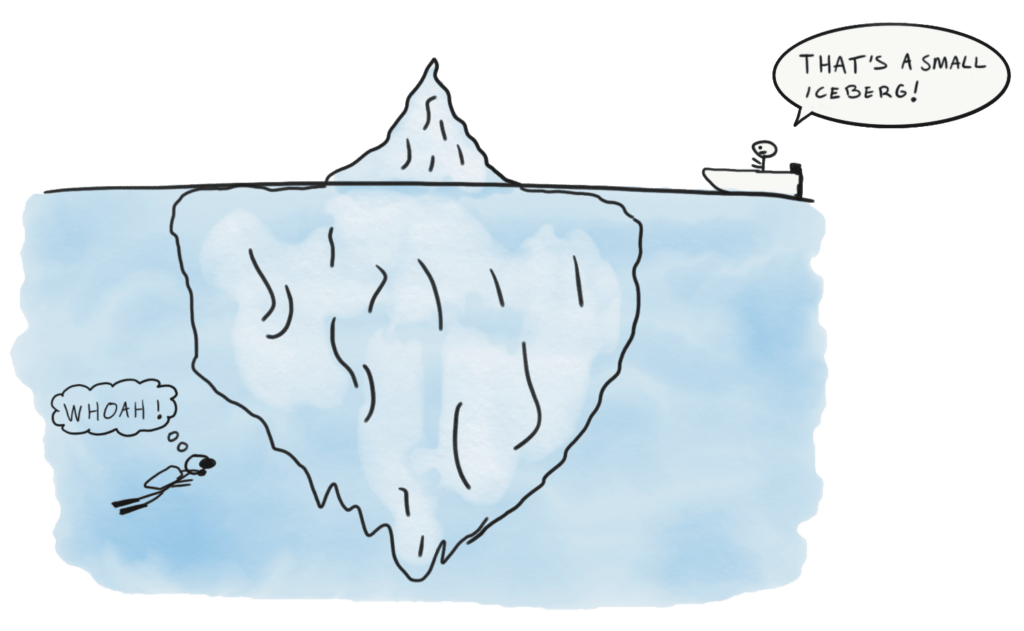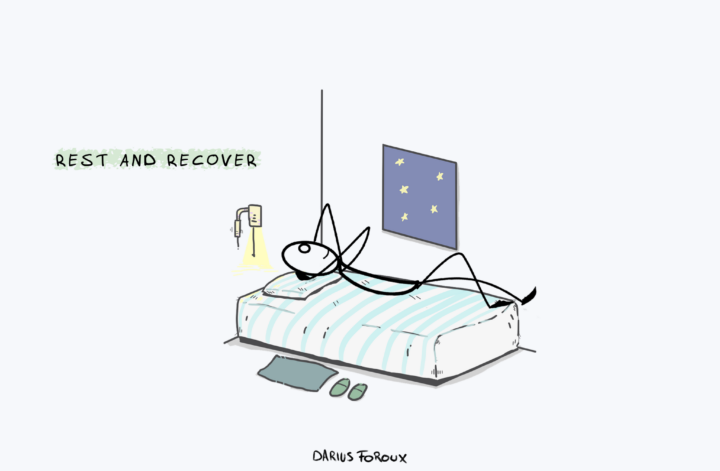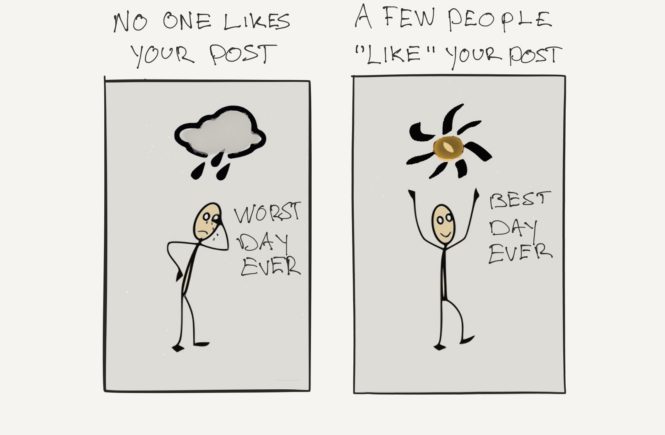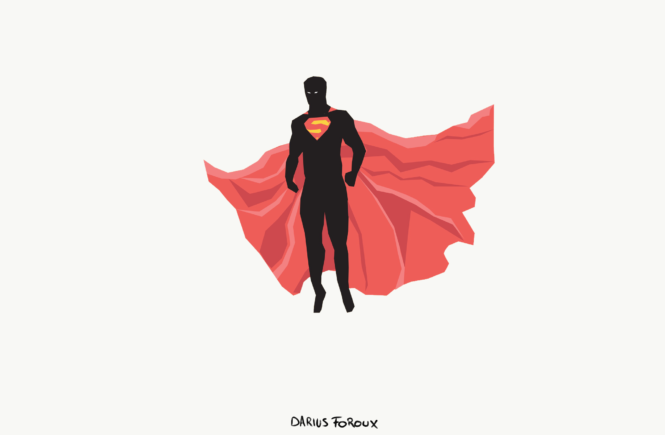It’s 2023. You don’t need a blogger, YouTuber, or social media person to tell you that reading, exercising, meditating, eating nutrient-dense food, journaling, and drinking enough water are good habits.
I’ve written those types of articles as well. But society is slowly changing. People are waking up. We’re more aware of what we do, what we put in our bodies, and how we live.
There’s a lot of personal growth advice everywhere you go. For the past few years, it seems like everyone is obsessed with self-improvement. You can tell that by the amount of self-help advice that you can get from mainstream media.
Even traditional outlets like The WSJ feature articles about overcoming procrastination, personal finance, and healthy living. It’s everywhere. You can’t open Netflix without being bombarded with the latest health documentaries.
But while this advice might look good on the surface, there are a few issues if you think about it more deeply:
- What advice is true? There’s a lot of contradicting advice out there.
- Why do people defend their beliefs so firmly? Some people are not open to other ideas.
- Why do people give advice? What are people’s interests? Why do they invest time and resources in convincing people that certain things are true?
As an independent blogger who answers to no one, my job is to cut through the noise. Not just to share it with you, but because I want to figure out the best way to live for myself.
One of the things I’ve found is that tactics and specific advice are pretty much useless across the board. I’m mostly concerned with systems and broad guidelines.
For example, I don’t worry a lot about my exact diet. I understand that a person’s diet is not the only factor in health and longevity. There are enough people who had a “bad” diet but lived a long and happy life.
My grandfather is one of them. He’s 87 years old and doesn’t even know what a diet is. He just eats what he ate back in the day. He also eats a lot of saturated fat and has a pretty big belly, but he’s still taking care of himself. By all means, he’s an active guy for his age. Plus, he’s still sharp as a knife.
When I asked him about the key to living a good life, he said that the most important thing for him was consistency. His whole adult life, he woke up at the same time, ate his 3 meals at the same time, didn’t snack, and hardly ever deviated from his routines.
To me, that’s the stuff that matters the most. You can eat plants, you can eat meat. But when people say you need to eat plants or meat to be healthy, I walk away. That’s simply too black and white. There’s always more to it than you see at the surface.
My #1 Habit: Question Everything
One of my friends recently sent me a YouTube video called something like “512 habits that changed my life” and said “thoughts?” I watched the video and it reminded me of the advice I’ve shared in the past on my blog.
As I was watching it, I realize that it was all surface-level advice. Over the past year, my view on life has changed. The more I read and write about life, the less certain I am about everything. I now look at life like this drawing:

You can apply this concept to everything in life. We always see the surface. We see the tip of the iceberg. But we have no clue what that iceberg looks like below the water. That’s the stuff you don’t see unless you take a deep dive.
Hence, my one habit for life is this: Question everything.
That’s the only habit that really changed my life. All the other things like exercising, journaling, and so forth, also had an impact. But this was the biggest thing for me.
Why? Because the moment you make up your mind about something is the moment you stop growing. This happens to all of us without being aware of it. The odd thing is that we’re all attracted to advice because we want to grow and improve ourselves.
But somehow, we’re drawn into groups, ideologies, and certain belief systems. And all of a sudden, we stop growing. But we’re not aware of it. On the surface, it seems like we’re doing great. We’re eating healthy, staying productive, and most importantly, we feel like we belong to a group of people who are doing the right thing.
But how do you know you’re doing the right things? You don’t.
The closest you can get is by questioning everything you do. Now, I’m not saying you should question every step you take. That would be a nightmare. Can you imagine that? “Should I eat this sandwich? What if it’s poisoned? What if bread is bad for you?”
That’s not what I’m talking about. Simply form the habit of regularly (that’s the key here) questioning what you do. Not every single minute or hour, but regularly. Every day, I’m open to new ideas and things that challenge my thinking.
That doesn’t mean I change my strategy every day, I just let it sit. I don’t close my mind. That’s what a lot of us do. We believe X and we close our minds to anything that’s not X.
Wake Up
In Eastern Philosophy, people call this concept waking up. But the great thing is that you can change your awareness without meditating. We go through life asleep. We live on autopilot. We do things because other people do them. We’re like zombies. We just go, go, go.
Wake up!
If you want to meditate, that’s great, if you don’t, that’s also great. Waking up is very simple. When you start asking yourself questions and simply observe your answers, you know you’re awake. It’s just like that in your dreams. Have you ever experienced that?
You’re dreaming, dreaming, dreaming, and weird things happen all the time. One moment you’re at home, the other moment you’re standing naked on the beach (or something like that).
And then, you think, “This can’t be right. Am I dreaming?” Yes, you’re dreaming. But once you ask that question, you wake up.
Go ahead, give it a try. Ask yourself this right now: Am I dreaming?
You’re awake now. Keep questioning everything so you stay awake.




